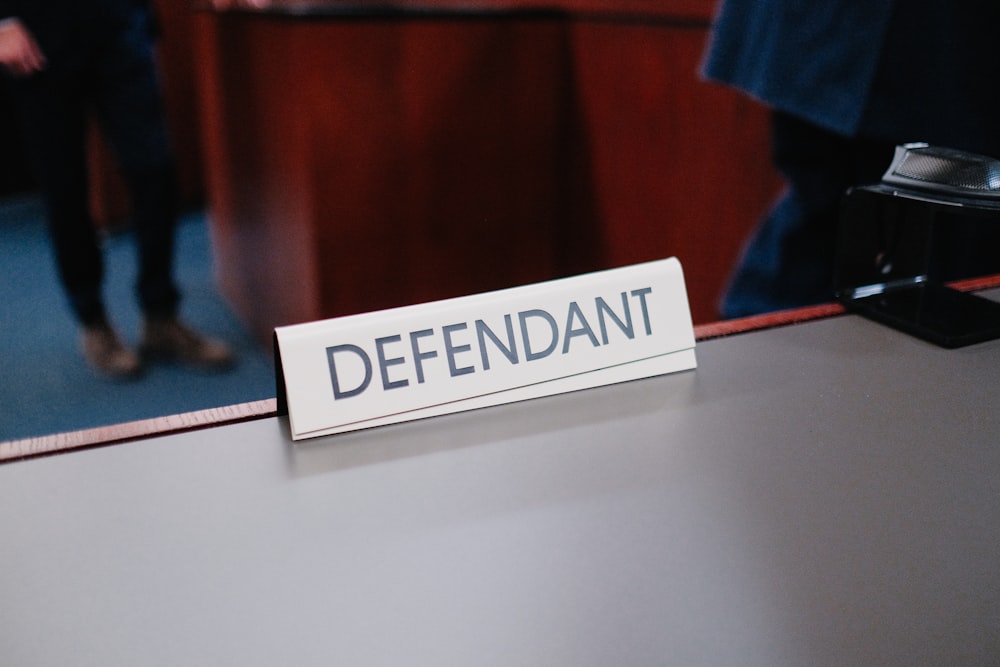Mastering Conflict Resolution with Mediators
Understanding the Role of a Mediator
Mediators play a crucial role in conflict resolution by facilitating communication between parties in dispute and guiding them towards a mutually acceptable resolution. Unlike judges or arbitrators, mediators do not impose decisions but instead help parties explore options and find common ground.
The Skills of an Effective Mediator
Effective mediators possess a unique set of skills, including active listening, empathy, communication, and problem-solving. They create a safe and neutral environment where parties can express their concerns openly and work towards finding solutions collaboratively.
Navigating Complex Disputes
Mediators are adept at navigating complex disputes, whether they involve interpersonal conflicts, commercial disputes, or family matters. They help parties break down barriers, identify underlying interests, and develop creative solutions that address the root causes of the conflict.
Promoting Collaboration and Understanding
Central to the role of a mediator is the promotion of collaboration and understanding between parties. By fostering open dialogue and encouraging parties to listen to each other’s perspectives, mediators create opportunities for empathy, trust, and cooperation to emerge.
Crafting Tailored Solutions
Every conflict is unique, and mediators understand the importance of crafting tailored solutions that meet the specific needs and



















